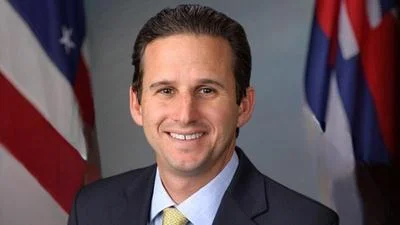Good morning. Welcome to all of my colleagues-particularly my friend, the Ranking Member, Mr. Smith of Nebraska-and the two distinguished panels of witnesses who have joined us here today.
This morning’s hearing is Examining the Impact of the Tax Code on Native American Tribes. Such an examination has been a long time coming.
While we’ve had several votes on tribal provisions as discrete, standalone measures or as part of broader legislative packages, the Committee and its Subcommittees have not recently held a hearing dedicated to the interplay between the federal tax code and sovereign tribal governments. That interplay is critically important to Native American communities, and this hearing is considerably overdue.
Federal taxation can affect the ability of tribes to provide healthcare, education, and public assistance to their members. Too often, our federal rules can create an imbalance between the treatment of tribes that hampers this ability. For example, restrictions on the issuance of tax-exempt debt can prevent tribes from meeting financing needs in the same way our state and local governments can. It’s incumbent upon Congress to review our laws to promote fair treatment of tribal governments and their members.
Our tax code can also affect the ability of tribes to access capital and sustain meaningful economic growth. Overall, about 25 percent of Native Americans lived in poverty in 2017, compared to about 13 percent for the U.S. general population. At the same time, the tax incentives that we know are successful in encouraging economic opportunity are harder to access for tribes. For example, only $1 billion of the $48.3 billion of investments disbursed through the New Markets Tax Credit program have gone to businesses operating in Native American areas.
Over my time in Congress and in state government, I’ve seen firsthand both the successes and the challenges faced by tribes and their members. Every time I visit these communities, it reaffirms my commitment to helping their members thrive. I know many others who sit on the Subcommittee, the Ways & Means Committee, and in Congress feel the same way.
I am especially pleased that, for our first panel, we will be joined by three of our four Democratic and Republican colleagues in the House who are tribal members themselves-Representatives Davids, Haaland, and Mullin. Their testimony today will be invaluable to the Subcommittee as it considers these issues going forward.
For our second panel, we’ll collect even more expertise from five tribal leaders who will cover a wide variety of tax issues facing their communities. It is my hope that their testimony will form a solid basis for any action that this Committee takes on tribal taxation.
Finally, before turning to the Ranking Member, I want to emphasize the great opportunity we have here to work on a bipartisan basis.
We both know Members from both sides of the aisle that have gotten together to tackle problems on behalf of their Native American constituents and communities. As I mentioned earlier, this issue is ripe for consideration, and I believe that any sound and lasting tax changes in this area will require bipartisan cooperation.
With that, I will recognize the Ranking Member, Mr. Smith of Nebraska, for an opening statement.








